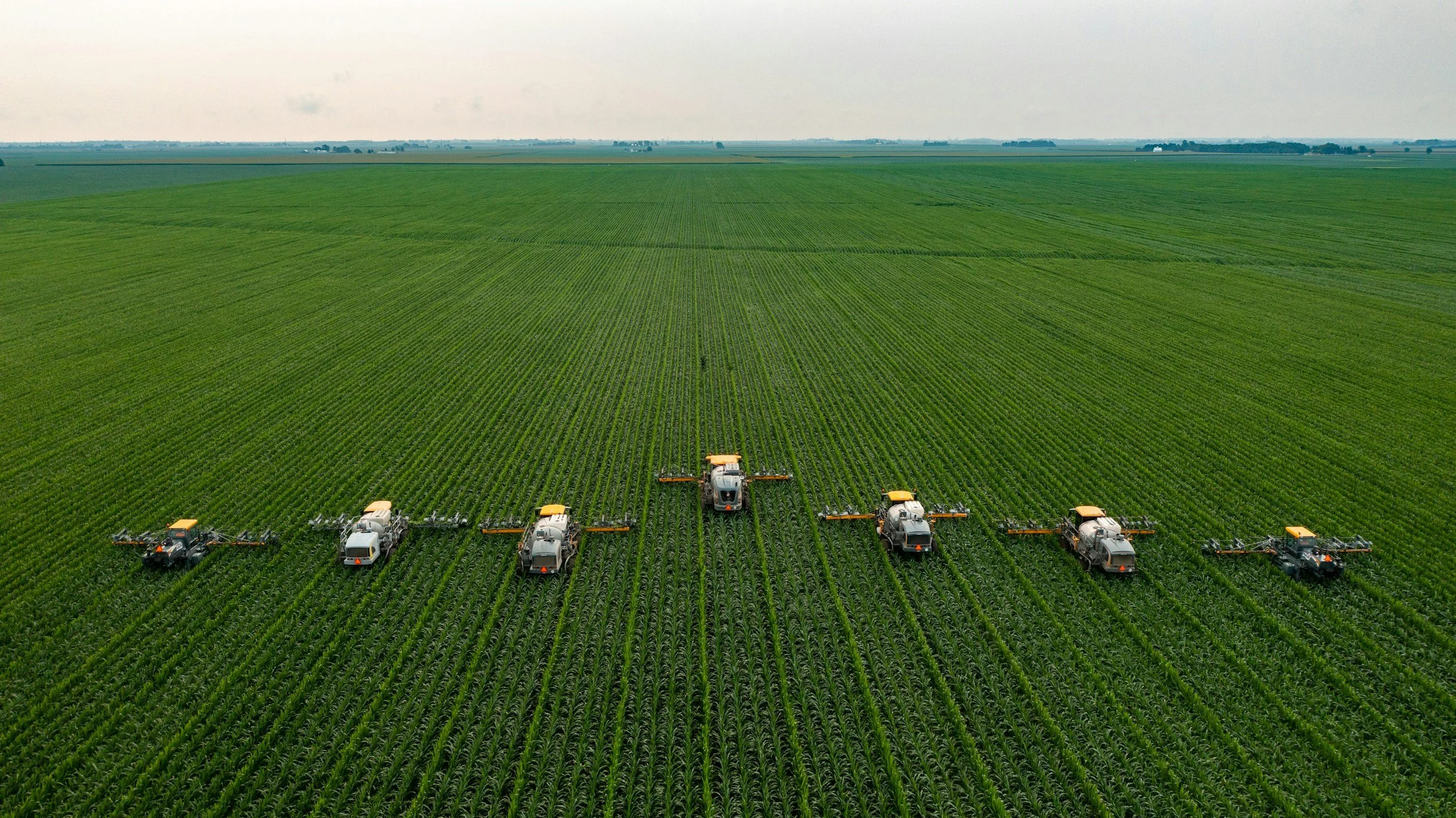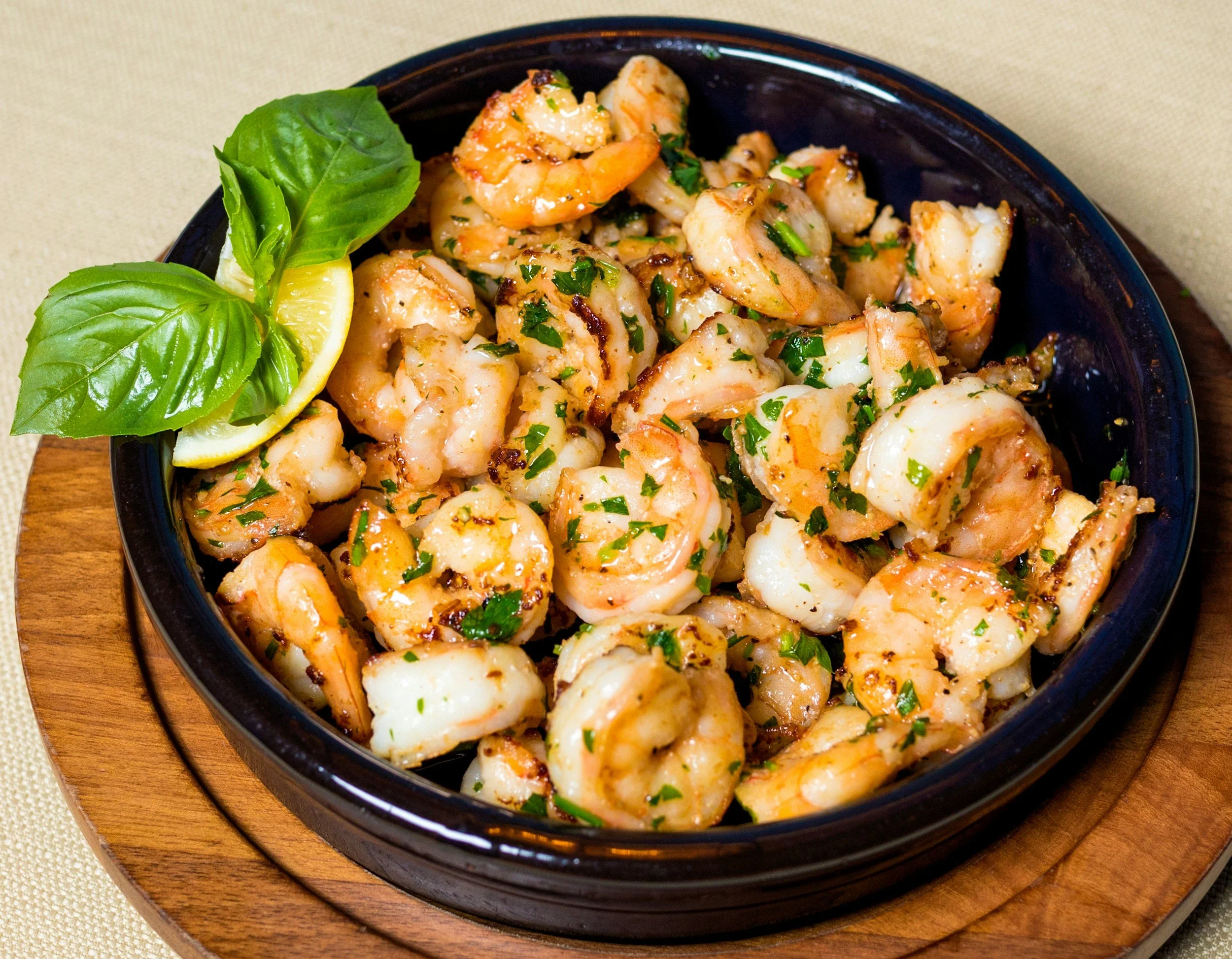Modern Farming Techniques: A Closer Look at the Benefits
/Farming has transformed dramatically with the introduction of modern techniques that enhance productivity and sustainability. Precision agriculture, for example, can increase crop yields by 15-20% and reduce water use by up to 50%.
These advancements make farming more efficient and sustainable. By using innovative methods like hydroponics and advanced machinery, you can maximize your farm's potential and contribute to a healthier planet.
According to surveys, food demand is expected to increase by 25% by 2030 and by 70% by 2050. Modern farming is essential to meet these growing food demands.
This article aims to educate you about the benefits of modern farming techniques. So let's explore!
The Revolution of Modern Farming
Farming is no longer the back-breaking job it once was. With advancements in technology, farmers now have access to tools and methods. Hence, their work is now more efficient an productive. But what are these modern techniques, and why should you care? Let's take a deep dive into the innovations of technology and know what is shaping the industry.
1. Precision Agriculture: Maximizing Efficiency
One of the most significant innovations in modern farming is precision agriculture. This method uses GPS technology, sensors, and data analytics to manage fields. By doing so, you can ensure that crops get the right amount of water, nutrients, and protection from pests.
This approach tailors farming practices to specific field conditions, optimizing every aspect of crop production. It integrates advanced technologies to gather detailed information about soil conditions, weather patterns, and crop health.
This targeted approach reduces waste and increases efficiency. Farmers can monitor crop health in real time and make adjustments as needed. As a result, you can achieve better yields and higher profits.
Benefits of Precision Agriculture
Resource Management: You can save water and reduce the use of fertilizers and pesticides, making farming more sustainable. Precision agriculture helps you allocate resources where they are needed most, minimizing environmental impact.
Increased Yields: By monitoring crop health closely, you can address issues before they become significant problems, leading to higher yields. Timely interventions ensure that crops receive the necessary care at critical growth stages.
Cost Efficiency: Using resources more efficiently lowers costs, increasing your profitability. Efficient resource management reduces operational expenses, boosting your bottom line.
2. The Power of Modern Machinery
Advanced machinery also greatly benefits modern farming. From drones to automated tractors, these machines make farming tasks easier and more precise. Drones can survey large areas quickly, providing valuable data on crop health.
Automated tractors can plant, fertilize, and harvest with minimal human intervention. This not only saves time but also reduces labor costs and increases productivity.
Tang Hydraulic Cylinders in Modern Machinery
One crucial component in modern machinery is the hydraulic cylinder. More precisely, tang hydraulic cylinders play a significant role. These cylinders are essential for the functioning of various farm equipment, from tractors to combine harvesters. Their reliability and efficiency help you get the job done faster and more effectively. If you are looking for quality, tang hydraulic cylinders are a key investment for your farm machinery.
3. Hydroponics: Growing Without Soil
Hydroponics is another game-changer. This method involves growing plants in a nutrient-rich water solution instead of soil. It allows you to grow crops in controlled environments, such as greenhouses.
This means you can grow fresh produce year-round, regardless of the weather outside. Hydroponics also uses less water than traditional farming, making it an excellent option for areas with limited water resources. Additionally, it can reduce the risk of soil-borne diseases.
Why Hydroponics?
Space Utilization: Perfect for urban farming, you can grow more in less space. Vertical hydroponic systems maximize limited areas, allowing you to cultivate a variety of crops efficiently. This method makes farming accessible in city environments where land is scarce.
Faster Growth: Plants often grow faster because they receive nutrients directly. Consistent nutrient delivery ensures optimal growth conditions year-round.
Less Water: Hydroponics uses less water compared to traditional farming, which is crucial in areas with water scarcity. The recirculation of water in hydroponic systems minimizes waste and conserves this vital resource. Efficient water use makes hydroponics a sustainable option for regions facing drought.
4. Sustainable Farming Practices
Sustainability is at the heart of modern farming. Techniques like crop rotation, cover cropping, and reduced tillage help maintain soil health and reduce erosion. These practices improve the soil's ability to retain nutrients and water.
They also promote biodiversity, which can naturally reduce pest populations. Sustainable farming helps ensure that the land remains productive for future generations.
The Role of Sustainable Practices
Soil Health: Healthy soil means better crops. Practices like crop rotation prevent nutrient depletion and improve soil structure, enhancing water retention and root growth.
Biodiversity: Sustainable methods encourage biodiversity, which can naturally reduce pest populations. Biodiversity also helps in pollination and soil fertility.
Long-Term Productivity: By maintaining the land, you ensure it remains productive for future generations. Sustainable practices prevent soil erosion and degradation, preserving its ability to support crops.
5. The Impact of Biotechnology
Biotechnology is another pillar of modern farming. Genetically modified organisms (GMOs) and other biotechnological advances help create crops that are more resistant to pests, diseases, and extreme weather conditions.
These crops can grow in less-than-ideal conditions, providing a stable food supply. Biotechnology can also enhance the nutritional value of crops, making them healthier for consumers. By reducing the need for chemical treatments, it also promotes a cleaner environment.
Advantages of Biotechnology
Disease Resistance: Crops can be engineered to resist diseases, reducing the need for chemical treatments. Biotech crops can also be designed to withstand environmental stresses such as drought and salinity.
Higher Yields: GMOs can produce higher yields, helping meet the food demands of a growing population. Increased productivity per acre can alleviate pressure on land resources and reduce the need to expand agricultural areas.
Nutritional Value: Some biotech crops are enhanced with additional nutrients, benefiting consumers. For example, biofortified crops like Golden Rice are enriched with vitamins to combat malnutrition.
Building a Better Future through Modern Farming
Modern farming techniques have changed agriculture since the mid-20th century, helping millions of people and creating a global food distribution system. As we look to the future, we know there are still problems to solve and ways to improve. But with ongoing advancements in farming methods, we can overcome these challenges. Modern agriculture will keep offering new solutions and ideas. However, using these advancements, we can work towards a more sustainable and prosperous future for everyone.
About the Author:
John Smith is a dedicated writer with a keen interest in modern farming techniques and sustainable agriculture. With a background in agricultural studies, John explores innovative methods that enhance productivity and sustainability in farming. His articles aim to inform and inspire readers about the benefits of adopting new technologies in agriculture.










































Growing and cultivating cocoa is one of the oldest human occupations, as people domesticated the trees at least 5,300 years ago. Before becoming chocolate, cocoa was used for fermented beverages or as currency.